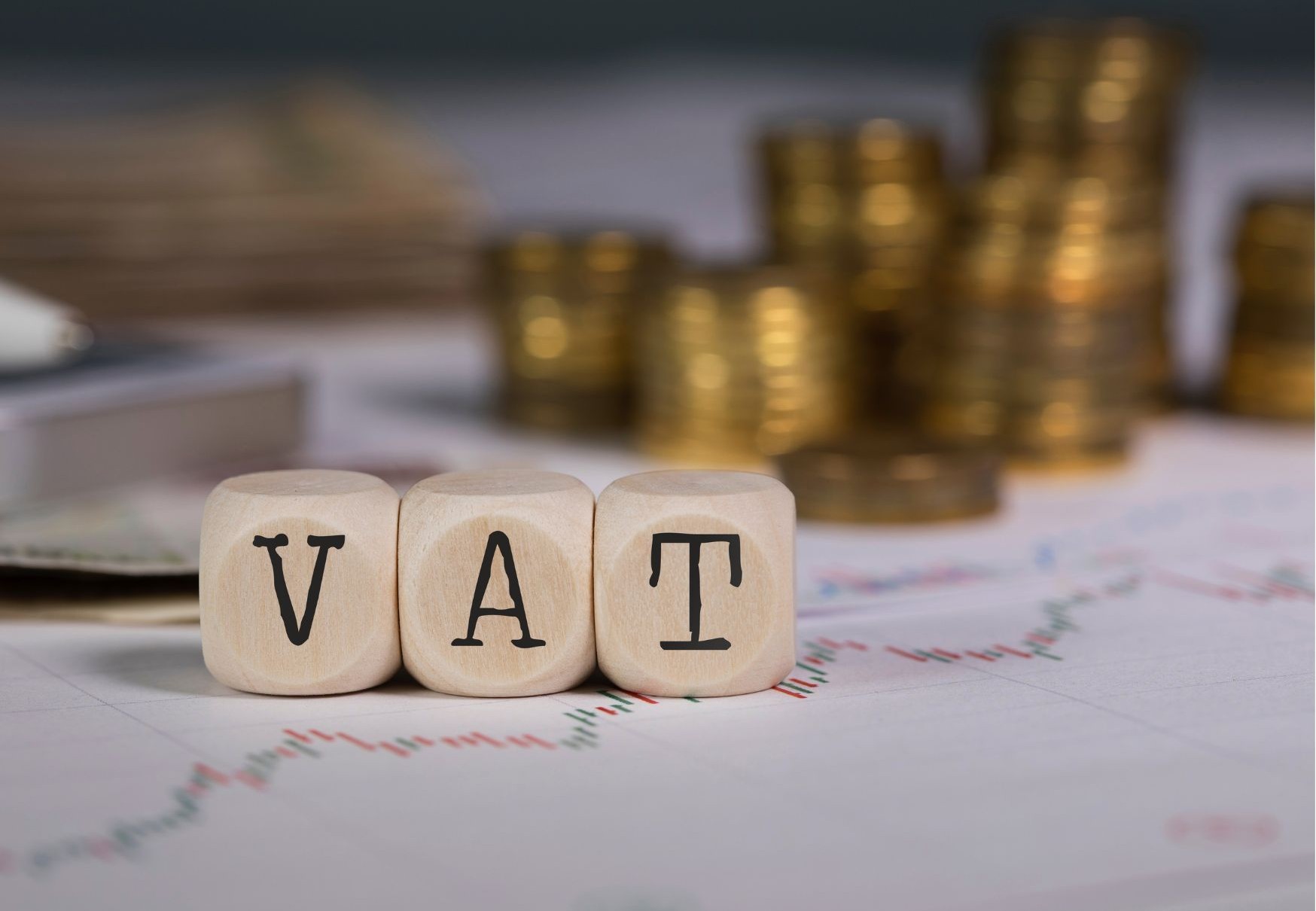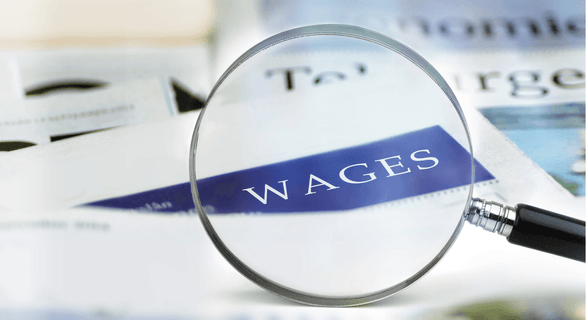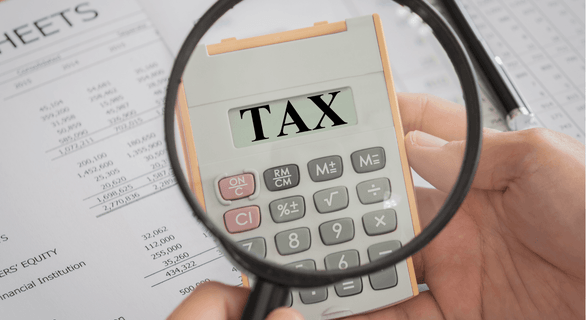
June 5, 2023
VAT on cross-border transportation

Brexit has significantly impacted cross-border transportation for business entities and logistic forwarders in the EU. It is crucial to understand how to handle VAT to ensure compliance, especially for shipments between EU Member states and third countries like the UK.
According to Article 146 (1)(a) of the VAT Directive, goods delivered from the EU to a customer outside of the EU on behalf of the seller are charged with 0% VAT. This is because the goods have already been dispatched to a third country outside of the EU, so VAT should be charged at the destination of the goods. Additionally, Article 146(1)(e) states that transportation services directly connected to the exportation of goods are exempt from VAT. Since cross-border transportation carries goods to destinations outside the EU on behalf of the seller, it qualifies for this exemption, resulting in 0% VAT.
In contrast, when goods are imported to the Netherlands from a location outside the EU, they are always charged 21% VAT for custom clearance purposes, although the VAT could be reversed with Article 23. Regarding the supply of service, the cross-border transportation on behalf of the seller is also charged with 0% VAT. According to Article 144 of the VAT directive, services related to imported goods where the value is included in the taxable amount are exempt from VAT. This exemption is also referred to as the first-import shipment, where all charges incurred upon the arrival of goods at their first destination within the EU are subject to 0% VAT. Since cross-border transportation carrying goods from outside the EU to the first EU destination falls under this category, it is also charged 0% VAT.
In conclusion, when there is a supply of service between two Dutch companies, 21% VAT is usually charged. However, if the situation is related to the exportation or importation, the service like cross-border transportation, it is always charged with 0% VAT, as the service is not supplied completely within the EU. Thus, a distinction has to be made between situations that taking place within the EU and outside the EU.
Please contact us if you would like to learn more or if you would like our assistance!





